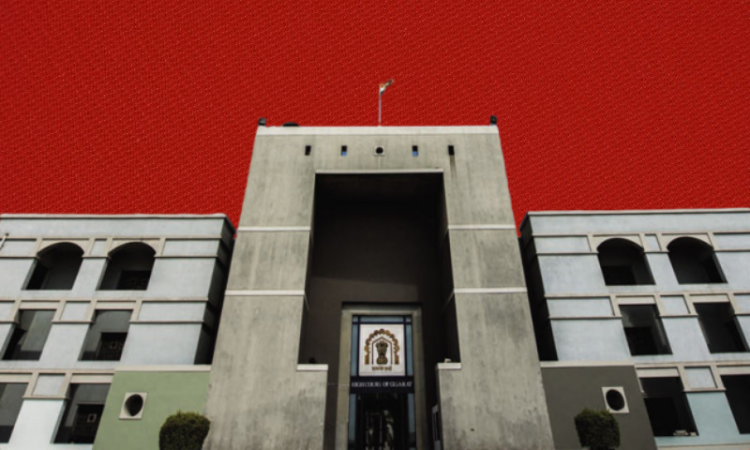Appellate Courts Must Bear In Mind There Is Prejudice In Favour Of Accused In Case Of Acquittal: Gujarat High Court
PRIYANKA PREET
6 Sept 2022 1:45 PM IST

Next Story
6 Sept 2022 1:45 PM IST
The Gujarat High Court, while dismissing an appeal against acquittal in a caste-based crime, reiterated that the Appellate Court has a limited scope of interfering with acquittal appeals since prejudice lies in favour of the Accused. Further, the Appellate Court can only interfere with the order of the Trial Court provided the order was manifestly unjust, perverse or contrary to law.In...
